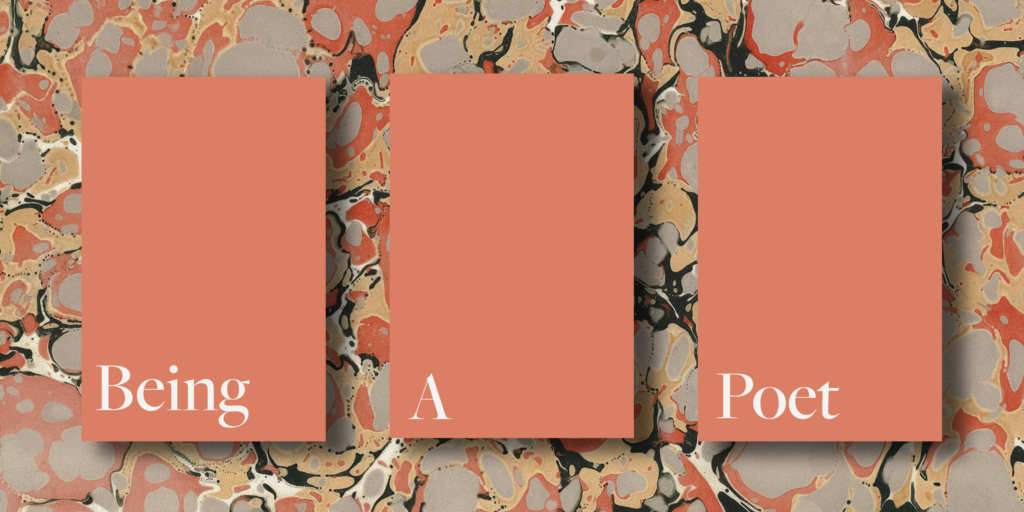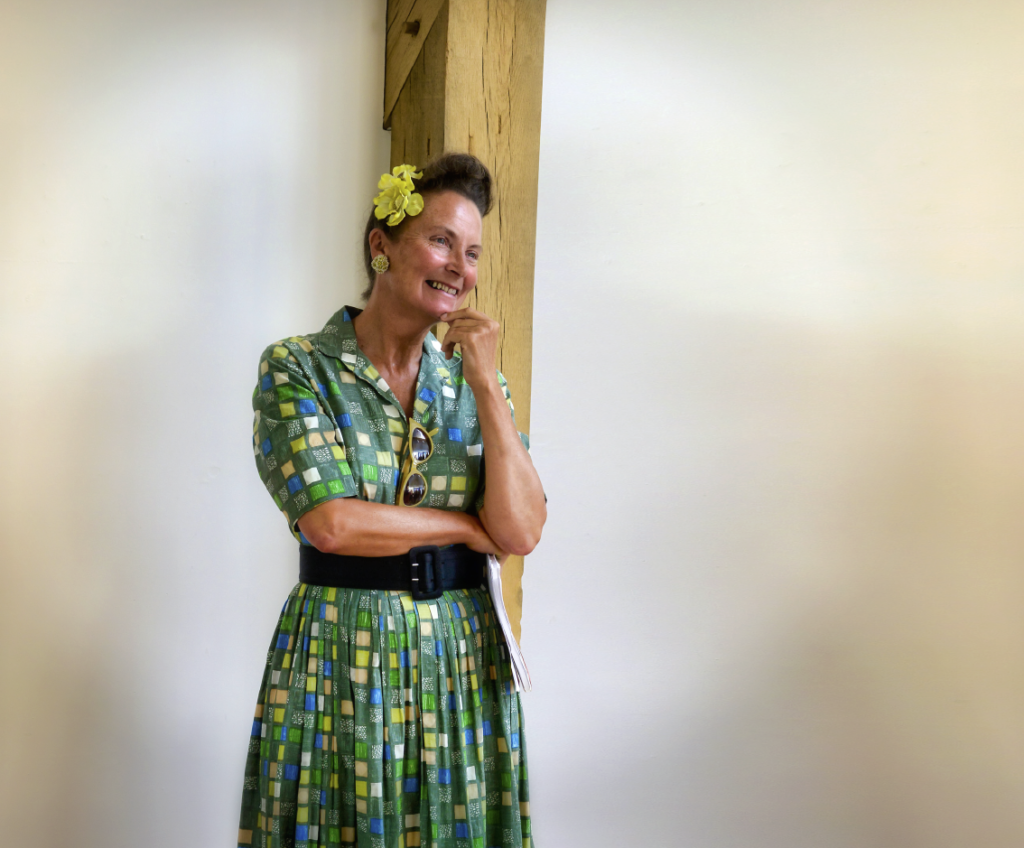In this series, we interview our tutors about poetry and its place in their world. These interviews will cover creative writing tips, excelling in a poetry workshop, building a literary career, and finding your poetic voice. Here’s Katrina Naomi on getting your poetry published

1. How did you go about getting your first poem/pamphlet/collection published? Any tips or things that you learned from the experience?
The first poem I had published taught me a lot. It was published in an anthology. I was incredibly proud, then I realised that I was being asked to pay for a copy of the anthology my poem was in. I refused. The anthology still came out and my poem was in it but it taught me that I should never be paying to be published. And when I read the anthology, I realised the quality wasn’t up to very much – and neither was my poem. But it spurred me on to be published somewhere good.
2. How did you identify the right literary magazines or publishers to submit poetry to? Was there anything that you wanted to consider (style/readership/politics?)
After this experience, I decided to research lots of poetry magazines. At the time I was living in London, so spent days in the Poetry Library at the South Bank – still a favourite haunt of mine when I’m in London – and decided which magazines I wanted to aim for. I also decided to subscribe to a couple of those magazines (it can be a good idea to share a subscription with a friend, to keep the cost down) so I could get a clear sense of the magazines’ style and whether my poetry would be a decent fit.
I remember having a friendly competition with another poet friend (Sarah, hello!) over who could get published in Magma first because we both liked that magazine. So really, I’m saying submit to the magazines that you love and that publish the sort of poems you enjoy.
3. How has the poetry community played a role in your writing, if at all? Have you workshopped poems to get them ready for publishing or built connections with poets who have helped you on the road to being published?
Yes. It seems essential to me to have a community of poets around you. I’ve always been involved in workshop groups. When I was at Goldsmiths, I had lots of writers around me all the time, which was great, as well as lots of brilliant tutors, such as Maura Dooley and Stephen Knight. After college, I joined my local Stanza group to get honest feedback on my poetry. When I had the money, I also paid poets I admired to give me feedback on my work. Roddy Lumsden was an honest critic, and I learned a lot from him.
Now, I’m in a workshop group in Cornwall with the likes of Penelope Shuttle and other strong Cornish poets. I learn so much from other poets – we swap recommendations on who to read, as well as whether our poems are working. I’m also lucky now in having great editors with my publishers at Seren – and their advice is invaluable.
Ultimately you need to make your own mind up, but having people who will be honest with you – even with advice you might not want to hear – is important. I also meet once a month with a prose writer – Gemma Seltzer. We did our MA together at Goldsmiths. We share our successes and failures as writers. I always look forward to meeting with Gemma. I also love collaborating with other poets and artists. So yes, a community is essential. Being a poet can be a lonely business, why wouldn’t you jolly it up by being with others?
4. How important is it to have a strong online presence as a poet? What’s your relationship with social media and poetry? Can it sometimes be more effective for your exposure as a poet to publish your own poetry online rather than go through the arduous submission processes? Is one more valued than the other?
I was recently told to join Instagram. I was really resistant – I thought it was all women pouting in bikinis but realise it just depends on who you follow. Now I really like insta, it’s friendly. I’ve recently left X/Twitter and have joined Bluesky, which is a great place for poets and more and more poetry organisations are popping up on it. I’ve found it helps to have a strong presence online but don’t make this the be-all and end-all. You should spend your time writing – make this your focus always – and then, yes, go and see what’s happening online.
Don’t be shy about spreading good news when you have it; as poets, we tend not to have agents or publicists. But also make time to help others along with their news; if you’ve read a collection by another poet that you love – say so. I also put out ‘short & sweet’ – a monthly poetry newsletter with info on what I’m up to, plus opportunities I’ve seen that could be useful to others – and I review a poetry collection in it too. I don’t want it to be all ‘me, me, me’.
Neither do I tend to publish my poetry via social media. Yes, the submission process for traditional publishing can be arduous but I’ve found it, on the whole, to be worthwhile. I still think that a collection published by a decent press is valued more highly than lots of poems being published by an individual poet online. There are well-known exceptions to this, of course. But I get the feeling that poets being plucked from obscurity from publishing a poem online is a rare thing.
5. What are some common mistakes that you’ve made when submitting your work, and how can these be avoided?
Common mistakes are not proofing my work properly. I know this is something lots of us do. I see this when I judge poetry competitions. Sometimes I’ve had to discard a poem I might have given 1st or 2nd place to. Check to ensure you haven’t missed a word in your poem. Definitely check it’s not over on line count too.
It’s always worth sleeping on a poem. Proof it before you go to bed then read it again in the morning. I often find something I’ll want to change and improve in the poem when I read it again. And then I’ll send it off.
6. How important do you feel being published is?
For me, yes, it’s important. But I think you can still call yourself a poet before you’re published. If you’re writing poetry, then you’re a poet.
Katrina Naomi is running her in-person course What Makes a Collection? with us this Autumn, taking place on 4 October 2025 at Friends Meeting House, London. To find out more & secure your place please visit the course page here.
Want more poetry tips? Check out the other blogs in our new How To and Poetry Queries sections!

Katrina Naomi is an award-winning poet, performer, mentor, and judge. Her fourth poetry collection, Battery Rocks, (Seren, 2024) is the winner of the Arthur Welton Award from the Society of Authors. Katrina’s previous collections have won an Authors’ Foundation Award and Saboteur Award, and she is a recipient of the Keats-Shelley Prize. Katrina’s poetry has appeared on Poems on the Underground, BBC Radio 4’s Front Row, Open Country, and Poetry Please, and in The TLS, The Poetry Review and Modern Poetry in Translation. She has a PhD from Goldsmiths and tutors for Arvon and the Poetry School. Katrina lives in Cornwall www.katrinanaomi.co.uk.
Add your Reply
You must be logged in to post a comment.